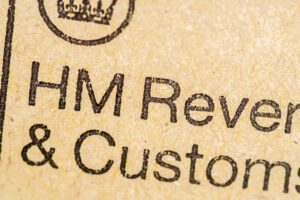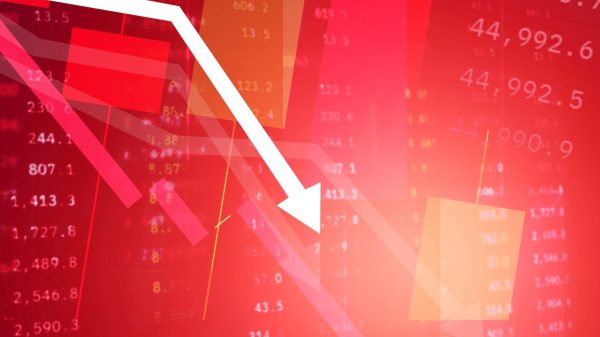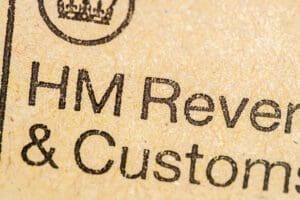
Thousands of UK investors could face unexpected fines and interest charges after HMRC’s online self-assessment system failed to account for last year’s mid-year increase in capital gains tax (CGT).
In her October 2024 budget, Chancellor Rachel Reeves raised CGT rates on most assets, lifting the rate for basic-rate taxpayers from 10% to 18%, and for higher-rate taxpayers from 20% to 24%. The new rates applied from 30 October 2024.
That means liabilities for the 2024–25 tax year depend on when an asset was sold: gains realised before the budget should be taxed at the old rates, and gains after should be taxed at the higher rates.
However, HMRC’s self-assessment platform — finalised before the budget changes were announced — still applies the old rates automatically, leaving taxpayers who rely on it at risk of underpaying.
More than 378,000 people paid CGT in the previous tax year, suggesting tens of thousands could be caught out, particularly those completing their own returns without an accountant.
HMRC has warned that those filing tax returns for 2024–25 should not rely on the system’s automatic calculations and instead use its online CGT calculator. The tax authority has already begun sending “nudge” letters to taxpayers who may have miscalculated their bills.
Andy Gibbs, director of services at TaxAssist Accountants, said: “We have been contacted by several worried individuals who are rightly concerned to receive these nudges. It is unfortunate that HMRC’s systems can’t keep up with the rate of change. It is all too easy for people to pay the wrong rate of tax because the reporting process is not sufficiently robust.”
Errors may not come to light until January 2026, when most 2024–25 returns are filed, according to the Institute of Chartered Accountants in England and Wales (ICAEW). The issue has been compounded by the halving of the annual CGT exemption from £6,000 to £3,000 in April 2024, pulling more first-time taxpayers into the system.
Those who fail to amend their returns risk penalties of up to 30% of tax due if errors are deemed careless, plus late payment interest currently set at 8%.
Advisers warn the changes will be especially confusing for cryptocurrency traders, where high transaction volumes make it difficult to allocate gains to the correct side of the budget date.
Gibbs added: “Most people want to pay the correct amount of tax and do the right thing. But unless HMRC makes its systems more robust, these problems will keep arising whenever rates change mid-year.”
HMRC said it had provided sufficient tools to help taxpayers get it right.
“Self-assessment customers will have everything they need to get their tax right,” a spokesperson said. “Those filing online will be prompted to use our CGT calculator, which takes into account the mid-year rate change and is accompanied by guidance.”
Experts advise anyone selling shares, property or crypto assets in the 2024–25 tax year to double-check calculations and seek professional advice if uncertain.
Read more:
Outdated HMRC system leaves investors at risk of CGT penalties after mid-year rate rise





























